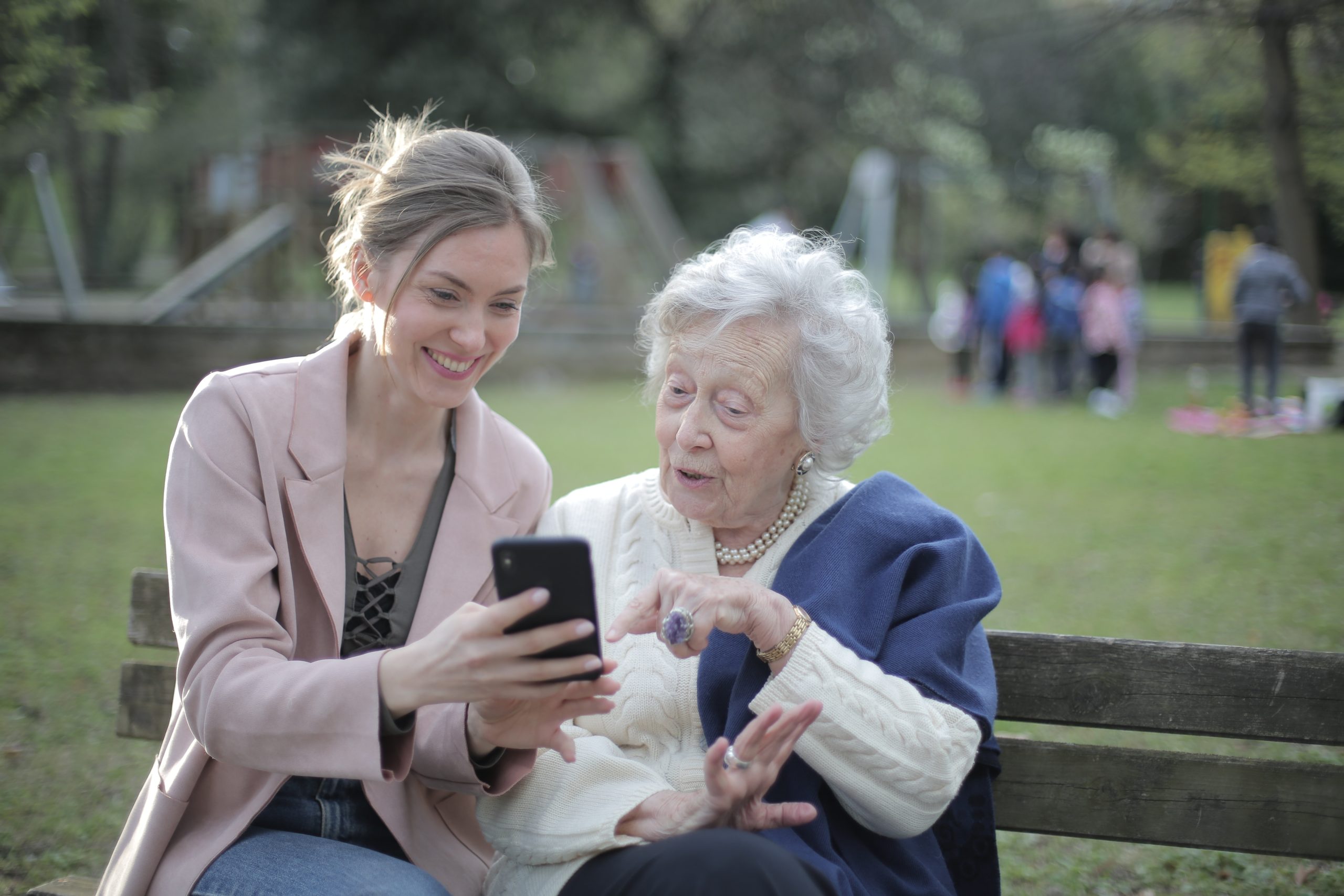Innovative Approaches to Alzheimer’s Care: A Look at Technology and Alternative Therapies

The image is not directly related to the article. It merely symbolizes the life of elderly people.
What is Alzheimer’s disease?
What are some traditional approaches to Alzheimer’s care?
Traditional approaches to Alzheimer’s care typically involve medication to manage symptoms, as well as various forms of therapy, such as cognitive behavioral therapy and occupational therapy. Caregivers may also provide support and assistance with daily tasks, such as bathing and dressing.
How can technology be used to help individuals with Alzheimer’s?
Technology can be used to help individuals with Alzheimer’s in a variety of ways. For example, there are apps that can help with memory and organization, as well as devices that can monitor the individual’s location and alert caregivers if they wander off. Virtual reality can also be used to provide stimulation and engagement, and robots can provide companionship and assistance with tasks.
What are some alternative therapies for Alzheimer’s care?
There are several alternative therapies that have shown promise for Alzheimer’s care. These include music therapy, art therapy, and animal-assisted therapy. These therapies can provide emotional and social support, as well as stimulate the senses and promote relaxation. They may also improve communication and cognitive function.
How can caregivers stay informed about innovative approaches to Alzheimer’s care?
Caregivers can stay informed about innovative approaches to Alzheimer’s care by attending conferences and workshops, reading research articles and books, and consulting with healthcare professionals. They can also join support groups and online communities to connect with other caregivers and share information and resources.
As the population ages, Alzheimer’s disease is becoming an increasingly common health concern. While traditional approaches to Alzheimer’s care can be effective, there are also innovative approaches that can help improve quality of life for individuals with the disease and their caregivers. In this article, we’ll take a look at technology and alternative therapies as two examples of these innovative approaches.
What is Alzheimer’s disease?
Alzheimer’s disease is a progressive neurological disorder that affects memory, thinking, and behavior. It is the most common form of dementia, and it can have a significant impact on a person’s ability to function independently.
What are some traditional approaches to Alzheimer’s care?
Traditional approaches to Alzheimer’s care typically involve medication to manage symptoms, as well as various forms of therapy, such as cognitive behavioral therapy and occupational therapy. Caregivers may also provide support and assistance with daily tasks, such as bathing and dressing.
How can technology be used to help individuals with Alzheimer’s?
Technology can be used to help individuals with Alzheimer’s in a variety of ways. For example, there are apps that can help with memory and organization, as well as devices that can monitor the individual’s location and alert caregivers if they wander off. Virtual reality can also be used to provide stimulation and engagement, and robots can provide companionship and assistance with tasks.
What are some alternative therapies for Alzheimer’s care?
There are several alternative therapies that have shown promise for Alzheimer’s care. These include music therapy, art therapy, and animal-assisted therapy. These therapies can provide emotional and social support, as well as stimulate the senses and promote relaxation. They may also improve communication and cognitive function.
How can caregivers stay informed about innovative approaches to Alzheimer’s care?
Caregivers can stay informed about innovative approaches to Alzheimer’s care by attending conferences and workshops, reading research articles and books, and consulting with healthcare professionals. They can also join support groups and online communities to connect with other caregivers and share information and resources.
In conclusion, there are many innovative approaches to Alzheimer’s care that can help improve quality of life for individuals with the disease and their caregivers. By staying informed about these approaches and incorporating them into care plans, caregivers can provide the best possible support and assistance to their loved ones.
The image is not directly related to the article. It merely symbolizes the life of elderly people. What is Alzheimer’s disease? Alzheimer’s disease is a progressive neurological disorder that affects memory, thinking, and behavior. It is the most common form of dementia, and it can have a significant impact on a person’s ability to function…
Recent Posts
- Empowering Caregivers: The Best Online and Offline Resources to Enhance Your Skills
- Traveling with a Purpose: The Rise of Volunteer Vacations
- Breaking Stigma: Dispelling Myths about Mobility Aids and Disability
- Avoiding Probate: How Trusts Can Simplify the Estate Settlement Process
- Senior Citizens Beware: Common Financial Scams and How to Stay Protected

